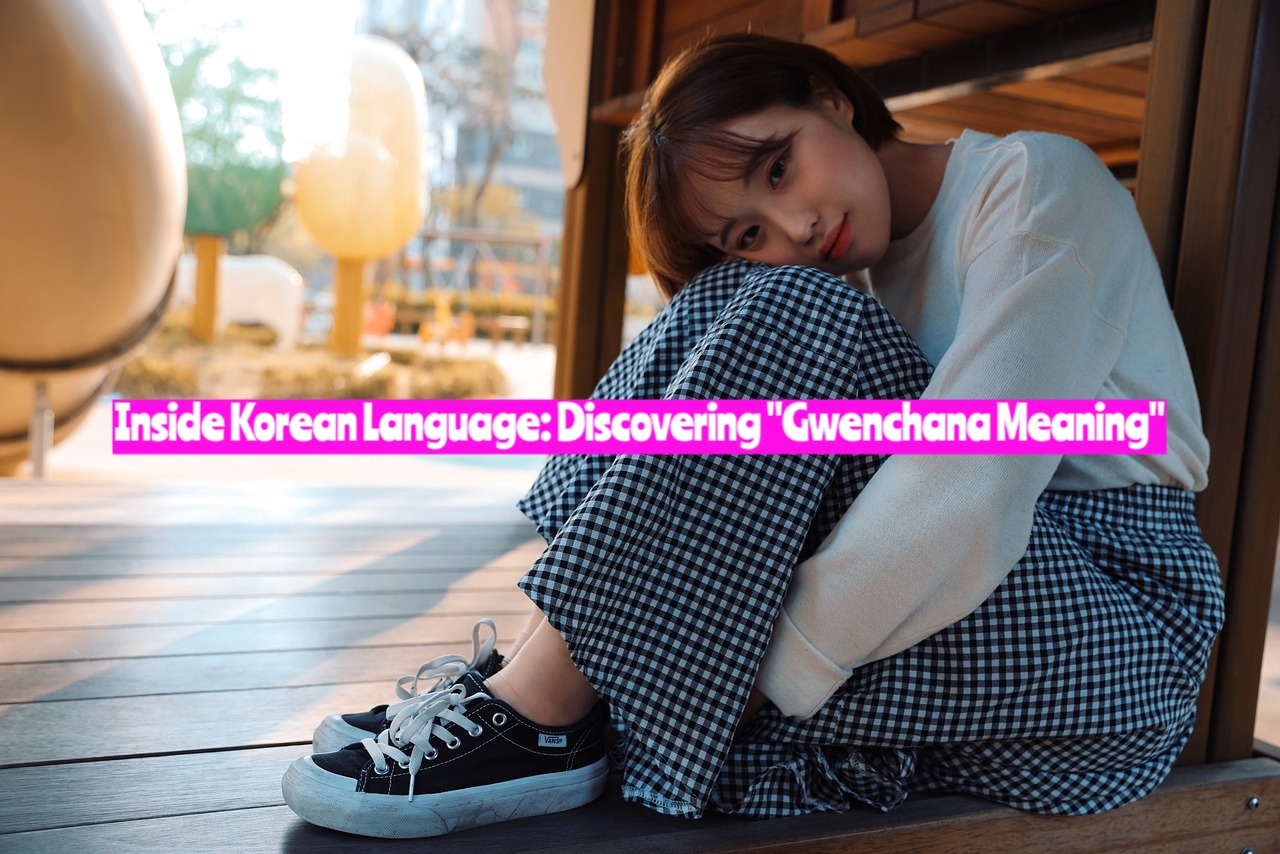Your cart is currently empty!

Inside Korean Language: Discovering “Gwenchana Meaning”
For those with a keen interest in Korean culture and language, or as avid K-drama fans, one will often hear the term “Gwenchana”. This Korean expression is one of the first phrases you are likely to learn, given its frequency of use and crucial meaning in various contextual situations. This article delves into understanding the term “Gwenchana” and its essential role in the Korean language and culture.
So What Does Gwenchana Mean?
“Gwenchana” (괜찮아 in Korean Hangul) is a widely used Korean term directly translating to “it’s okay” or “it’s alright”. However, as with most languages, its meaning extends beyond this simple translation, heavily depending on context and tone.
Context Matters: Various Use Cases of Gwenchana
“Gwenchana” is a versatile phrase and can be utilized in multiple scenarios. Some of its common use cases include:
- Consolation: When someone is feeling down, upset, or hurt, “Gwenchana” can be used to console them, akin to saying “It’s okay” or “Don’t worry” in English.
- Assurance: If someone asks how you’re doing and you’re doing fine, you can say “Gwenchana” to indicate that everything is alright.
- Apology Acceptance: When somebody apologizes, you can respond with “Gwenchana” to let them know you’re not angry or upset.
Importantly, the tone and context in which it’s said often dictates its meaning.
The Nuances of Politeness in Korean Language
The Korean language is strongly influenced by the societal culture of formality and respect, known as Confucianism. This dynamic affects how certain phrases are used, such as “Gwenchana”. There are different expressions of this word depending on the level of respect needed.
- For instance, “Gwenchana” is informal, used in casual or intimate settings or when someone is of a similar age or rank.
- For formal, respectful situations, “Gwenchanseumnida” (괜찮습니다) would be used instead.
There’s a lot to learn from this single phrase about the structure of the Korean language and its intricate elements of respect and politeness.
A Symbol of Korean Sentiment
Beyond its direct meanings and use in various contexts, “Gwenchana” represents a broader sentiment often portrayed in Korean media. The phrase’s soothing and calming essence often creates emotional moments in Korean dramas and songs, expressing a fundamental human emotion – reassurance.
Decoding Gwenchana
“Gwenchana”, while seemingly simple, offers a deep dive into Korean culture and how emotions and sentiments can be woven into a language. As a term of comfort, assurance, and understanding, “Gwenchana” undoubtedly encapsulates a significant portion of Korean interpersonal communication.
Next time you find yourself watching a K-drama or listening to a K-pop song, notice how “Gwenchana” is used and the emotion it conveys. Remember that it’s more than an expression – it’s an array of sentiments, feelings, respect, and subtlety, all packed into a single word. That certainly is the beauty of learning a new language – it’s not merely communication; it’s a true discovery of culture.
Leave a Reply